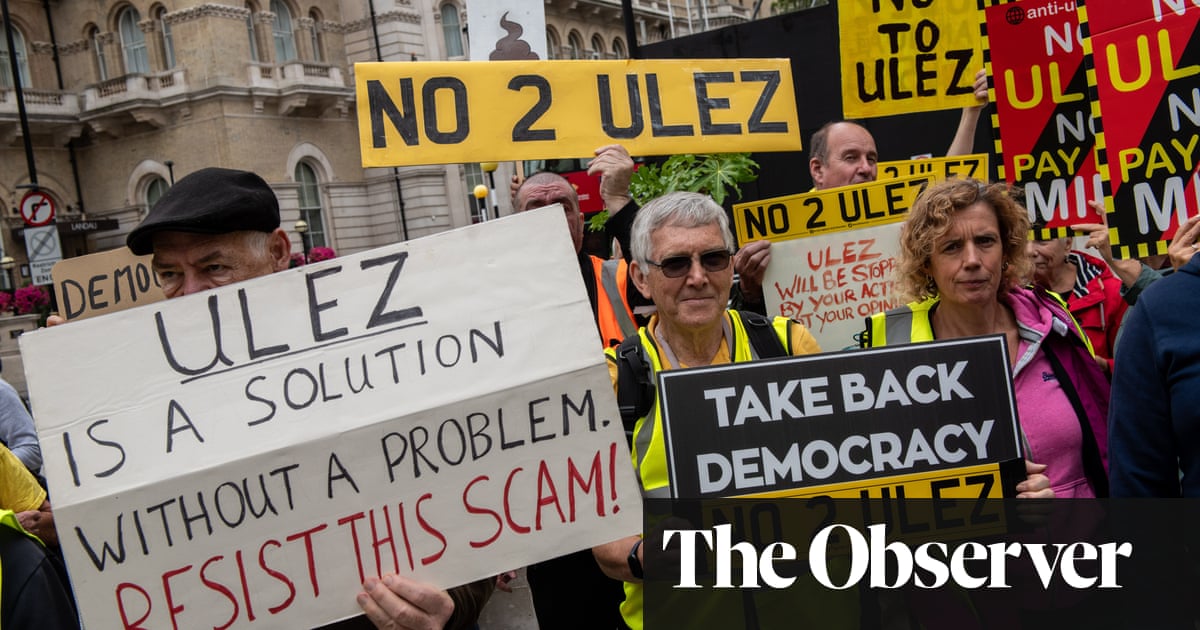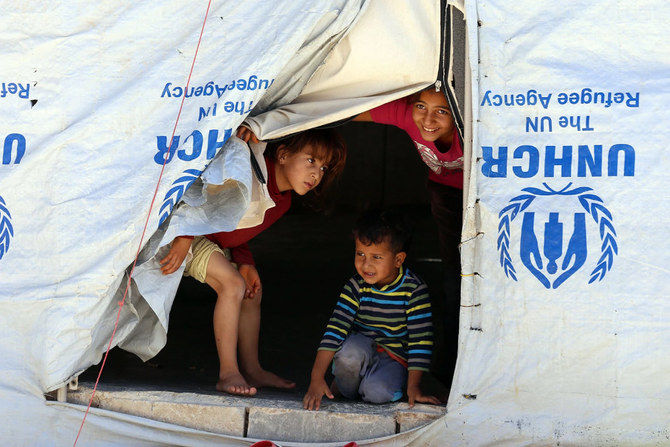
Oil expert Anas Al-Hajji wrote an article entitled “The US-European energy crisis has nothing to do with the decisions of Saudi Arabia and OPEC,” which was published on the Independent Arabia website on Oct. 11. In the article, Al-Hajji analyzed the reasons for the rise in gasoline prices in the US market, saying that “the energy problems that the United States in general and California, in particular, are suffering from are locally caused, and the extremist government policies that sacrificed energy security for the sake of the climate have lost both.”
He indicated that “the decline in gasoline stocks, compared to their level in previous years, was caused by the closure of refineries, which are no longer profitable due to strict environmental laws and taxes imposed by the California state government.” Accordingly, Al-Hajji believes that blaming Saudi Arabia and OPEC+ is not wise. Rather, the US government should review its internal policies, especially those related to exploration and financing new projects.
The opinion presented by Al-Hajji relied on analyzing data on the ground, away from politics, which Saudi Arabia has called for more than once, while striving for the work of OPEC+ to be purely economic and professional, especially if we notice that the organization includes two countries that are politically not on good terms, namely Saudi Arabia and Iran. Although Iran, through its militias in the Gulf, have targeted Saudi oil refineries, Riyadh did not seek to complicate the relationship with Tehran within OPEC, but rather worked as much as possible to neutralize political differences in the international organization.
Previously, Saudi Energy Minister Prince Abdulaziz bin Salman talked about the relationship that linked him with the former Iranian Oil Minister Bijan Namdar Zanganeh, describing him as “my friend” and noting the bilateral cooperation between them in order to solve problems and maintain the stability of oil prices, despite the political differences between the two countries and the intensity of the media discourse.
So, if Saudi Arabia did not politicize the energy file with a country like Iran, which engaged in hostile actions toward the Kingdom, why would Riyadh use oil as a weapon against a “strategic ally” like the US? Isn’t that something that calls for contemplation before some American politicians launch a propaganda campaign against Saudi Arabia because of the recent OPEC+ decision to reduce oil production?
Saudi Arabia’s national interests are a priority for the political leadership and take precedence over the wishes of allies and friends
Hassan Al-Mustafa
The claim that Saudi Arabia is siding with Russia against the US is baseless because the Kingdom’s economic model, the nature of its foreign relations and its political and security alliances are closer to the Western-American liberal model. The Kingdom also realizes that technical, military and health progress is based on “Western civilization,” of which the US is currently the main leader. Saudi people and GCC citizens are influenced by American culture and, despite their reservations about some of its values, it is the closest to them.
Hence, Saudi Arabia “is biased towards trying to ensure the stability of the oil markets, which is in the interest of consumers and producers alike,” according to Minister of State for Foreign Affairs Adel Al-Jubeir. He also noted that “the decision to reduce quotas was taken unanimously by 22 countries. The markets responded very positively to this matter and oil prices have fallen since last week, not increased.”
This clear Saudi perception, which Al-Jubeir pointed out, is consistent with what was stated by Prince Abdulaziz when he indicated that “we are concerned first and foremost with the interests of Saudi Arabia.” He added that the government has “an interest in being part of the growth of the global economy.”
Today, Saudi Arabia’s national interests are a priority for the political leadership and take precedence over the wishes of allies and friends. Just as the US cares about its foreign interests and achieving the greatest returns for the American economy, so does Riyadh. The national creed puts economics ahead of everything else and politics becomes one of the tools of economics, not the other way around.
The Saudis do not want to clash with an important country like the US. With the exception of some emotional and inexperienced writers on social networks, all Saudi government officials support having the best relations with Washington. Foreign Minister Prince Faisal bin Farhan said in an interview with Al Arabiya TV that “the relationship with Washington is old and strategic and has provided great benefits to both countries, and cooperation between them serves the common interests.”
However, a problem arises when the US seeks to make this relationship between a leader and a follower, which Riyadh has rejected. A statement issued by the Saudi Ministry of Foreign Affairs referred to the rejection of external dictates, revealing that “the Kingdom made it clear, during its consultation with the US administration, that postponing the decision to cut production for a month, as was proposed, would have negative economic consequences.”
One of the reasons for this campaign against Saudi Arabia in the US is the midterm elections of the US Congress, which take place on Nov. 8. These are important elections for the Democratic and Republican parties. Each party wants a majority in both houses and there are no external issues more attractive than energy, Saudi Arabia and oil, through which some politicians seek to justify failures by assigning them external causes, as if the problems of inflation and anxiety about the economic stagnation that Americans are suffering from are caused by OPEC+ decisions.
In addition to the statement of the Ministry of Foreign Affairs, Saudi Arabia has worked on proactive and active diplomacy as it seeks to refute the narrative of a tacit alliance between Moscow and Riyadh against Washington and the efforts to portray the Kingdom as supporting the Russian invasion of Ukrainian lands. This is the narrative that was refuted by last week’s call by Ukrainian President Volodymyr Zelensky, in which he thanked Crown Prince Mohammed bin Salman for supporting Ukraine’s territorial integrity during the UN General Assembly and expressed his appreciation of Saudi Arabia’s continued efforts to find a peaceful solution to the crisis.
Saudi Arabia last week also announced a humanitarian aid package for Ukraine worth $400 million and, before that, it contributed to the release of a number of prisoners in Russia. These facts indicate that Saudi Arabia is not an ally of Russia working against the US.
Relations between Riyadh and Washington are important for both parties and it is wise for politicians not to use them as a card in electoral seasons or propaganda campaigns. These relations need to be based on respect, cooperation and understanding and be between state institutions, not through individuals or pressure groups governed by political or ideological visions.
Hassan Al-Mustafa is a Saudi writer and researcher interested in Islamic movements, the development of religious discourse and the relationship between the Gulf Cooperation Council states and Iran. Twitter: @Halmustafa












